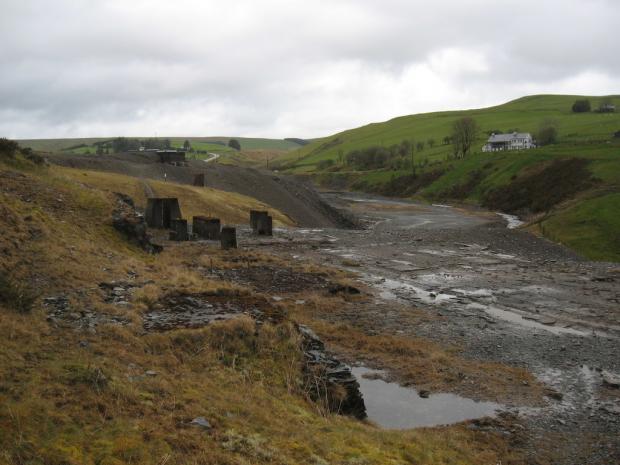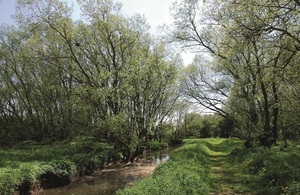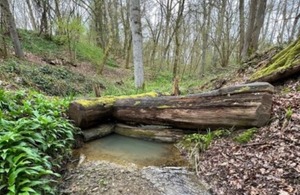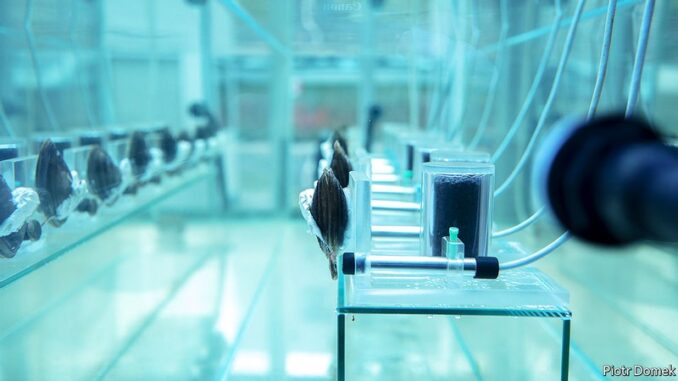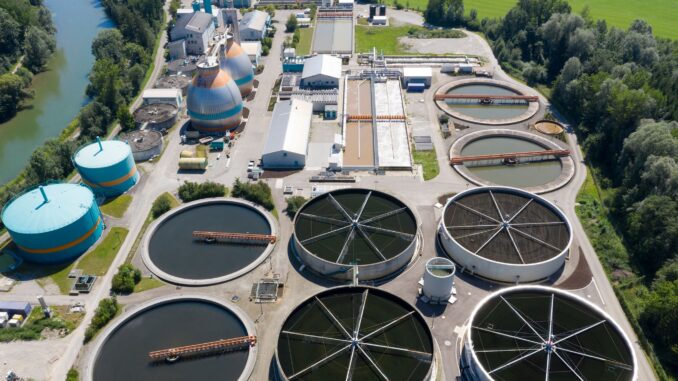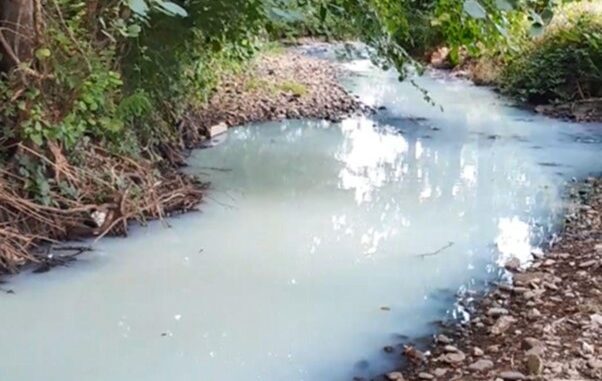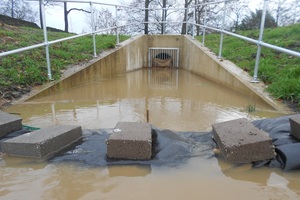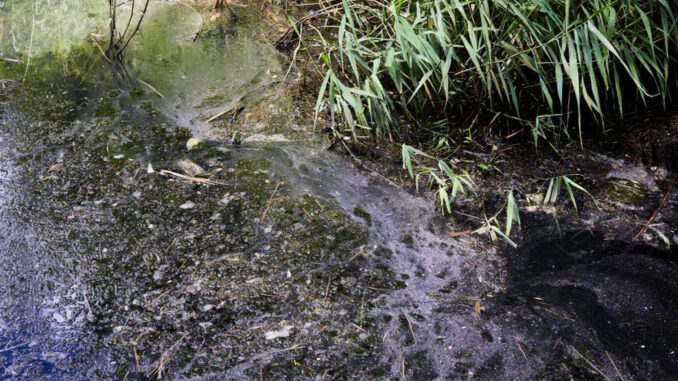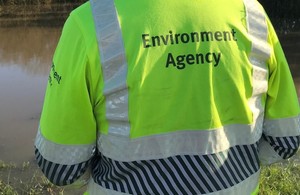A newly established team at Natural Resources Wales (NRW) aims to inspect over 800 farms in 2024 to help reduce the impact of agricultural pollution.
The team is embarking on a programme of inspections on farms throughout Wales to assess compliance with the Control of Agricultural Pollution Regulations (CoAPR) introduced by Welsh Government.
The Welsh Government-funded team has been split into north and south Wales divisions to ensure an even spread across Wales. Each officer has undergone extensive training and they are now inspecting high risk agricultural activities as agreed with Welsh Government. High risk activities include farms producing, storing, or using high levels of organic manures which includes digestate, biosolids and other wastes recovered to land.
Where non-compliances are identified, the farmer will be advised in writing of the actions they need to take to return to compliance, in line with our published enforcement and prosecution policy.
Nicola Mills, CoAPR Team Leader for south Wales, said:
“Our CoAPR inspection team is looking forward to meeting as many farmers as possible in 2024 and working with them to ensure they are compliant with these regulations. They have come from varied backgrounds including other inspecting bodies, all are knowledgeable, passionate, and hard-working individuals.
“The introduction of this team is a significant step forward in our ability to effectively regulate CoAPR on behalf of Welsh Government and contribute to NRW’s wider commitment to work with partners to clean up our rivers and seas.”
Farmers will always be given reasonable notice, normally in writing, ahead of any planned compliance inspections stating what officers will want to inspect. The only time officers would call unannounced is if responding to a reported pollution incident.
The inspections cover all aspects of CoAPR including the construction standards and capacity of silage, solid manure, and slurry structures, required calculations, risk maps, nitrogen plans and application records.
Simon Griffiths, CoAPR Team Leader for north Wales, said:
“We can assure farmers that CoAPR compliance inspections are nothing to be feared. We do not wish to add to farmers’ pressures unnecessarily.
“We will always provide reasonable notice, normally in writing, to farmers ahead of any planned compliance inspections stating what officers will want to inspect.
“We want to work positively with farmers by making them aware of changes that need to be made, provide advice, and direct them to places where they can get support such as Farming Connect. Where the farm poses a significant risk of polluting, we will have no choice but to take enforcement action.”
Source: Aberdare Online 17th December 2024


